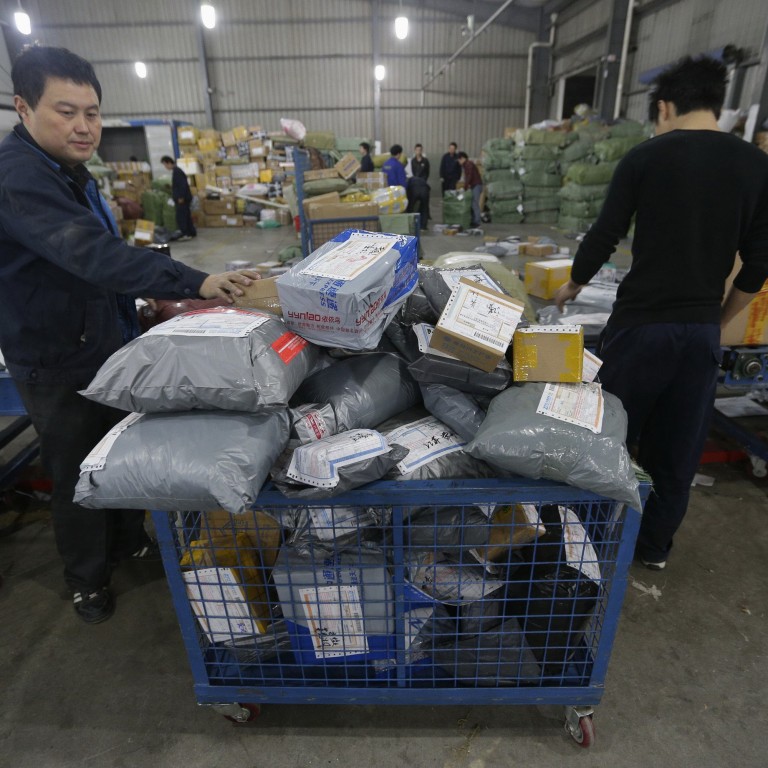
Hong Kong SMEs must dare to tap the global market
Matthew Lee says the challenges are surmountable, as many have proved
It all started with a great idea. Three years ago, Wesley Ng and Ronald Yeung came up with a new concept for smartphone covers. They didn't just want their cases to be fun and elegant, but fully customisable so customers could design their own.
Wesley and Ronald are not unique. Many Hong Kong entrepreneurs and small business owners are clever and have great ideas. But what's unfortunate is that, according to recent research, only four out of 10 of our city's small and medium-sized enterprises are selling overseas. That's surprising in one of the world's leading trade and logistics hubs.
Of course, not every SME's products and services can be sold to customers overseas. My favourite pineapple buns from a local Wan Chai bakery, for example, have to be eaten fresh.
All around Hong Kong, however, there are many more businesses that could shine on the international stage - unique fashion designs and crafts, "select shops" carrying only the coolest electronic gadgets and tasty edible treats as good as you'd get anywhere in the world. As an international city, fluent in English, Putonghua and Cantonese, small services companies and freelancers are bridging business cultures, translators for example, but only doing so in Hong Kong.
That's a shame, because the value of international consumer purchases will rise from US$105 billion to US$307 billion from 2013 to 2018. The number of cross-border consumers will increase from 94 million to 130 million. These are estimates from my company, PayPal.
That's 130 million shoppers compared with 7 million people in Hong Kong, where demand is stagnant or even slowing.
Hong Kong has unique intercultural and language skills, is internet savvy, boasts a sophisticated and fast logistics system and operates as a low-tax, free port. Hong Kong is fashion- and trend-forward. Most importantly, Hong Kong's businesspeople are deservedly known for their ingenuity and resourcefulness. By all rights, Hong Kong should be one of the places in the world benefiting most from booming cross-border online commerce.
The truth is, though, that many Hong Kong SMEs are reluctant to go international. Recent research commissioned by PayPal shows that over half of Hong Kong SMEs surveyed see logistics costs and delivery times as key challenges. Others were unsure about how to target and market to foreign customers in a cost-effective way. Still others were concerned about how to safely take in payments and handle returns from a distance.
These are all understandable concerns, but Hong Kong entrepreneurs will really miss out if they fail to see the opportunity and are held back by challenges that are, as others have shown, surmountable.
Of course, enterprises need to start with products suitable for international markets and fairly good English skills. Armed with these basics, there is plenty of help at hand. The government is helping businesses expand through its Export Marketing Fund. And companies like my own, which works in over 200 markets in the world, are happy to share our knowledge of international markets and customer preferences.
Whether Hong Kong realises its full potential as a powerhouse of cross-border consumer commerce depends on individuals like Wesley and Ronald and the many other entrepreneurs who have thought bigger and farther. They are living proof that, in these trying economic times, for many SMEs the best way to increase sales is to go international.
